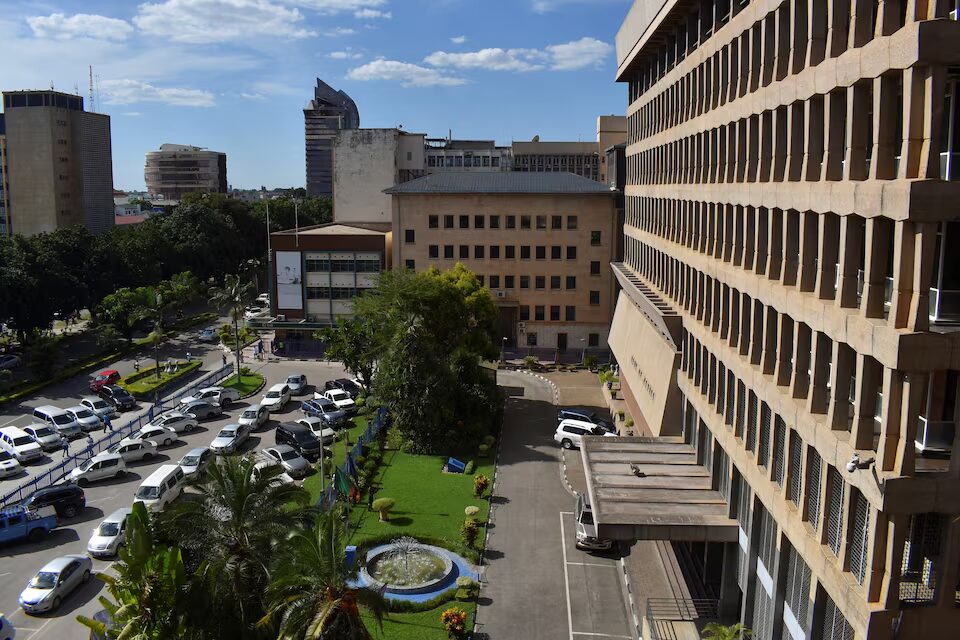
Tuesday 25th November 2025

by inAfrika Newsroom
The Science for Africa Foundation has announced a £10 million investment to boost African genomic discovery, targeting diseases that hit African populations hardest. The new funding, unveiled on Monday, will support large population cohorts and research networks focused on how genetics and environment shape health outcomes.
The programme builds on existing collaborations between the Foundation and partners working on population cohorts and data platforms. It aims to give African scientists more control over study design, sample collection and data governance. In many cases, African genomes remain underrepresented in global databases, which limits the accuracy of diagnostics and treatments used on the continent.
Researchers say the African genomic discovery push will strengthen labs, biobanks and bioinformatics capacity in universities and research centres. It will also support training for early-career scientists, ethicists and data stewards who can manage sensitive health information. The Foundation stresses that communities must help shape consent models and benefit-sharing frameworks so that local populations see real gains from research participation.
According to the Science for Africa Foundation, better genomic data can inform vaccines, cancer care, rare-disease diagnostics and responses to future outbreaks. It also wants to link findings to health-policy decisions, so that genomics does not remain an academic exercise.
Moreover, advocates argue that African genomic discovery can counter historic extractive practices, where samples left Africa but insights and profits stayed abroad. Stronger African institutions and legal frameworks could ensure fairer partnerships with global pharma and tech firms.
Why it matters for Africa
The African genomic discovery initiative matters because health tools designed for other populations often fail African patients. When research reflects Africa’s genetic diversity and environmental realities, doctors can diagnose earlier and choose treatments that work better. This funding also builds scientific sovereignty by training African researchers and strengthening local labs. Over time, that capacity can support vaccine development, personalised medicine and faster responses to new pathogens. If governance remains ethical and inclusive, genomic research can move from a source of exploitation to a pillar of resilient, people-centred health systems across the continent.


